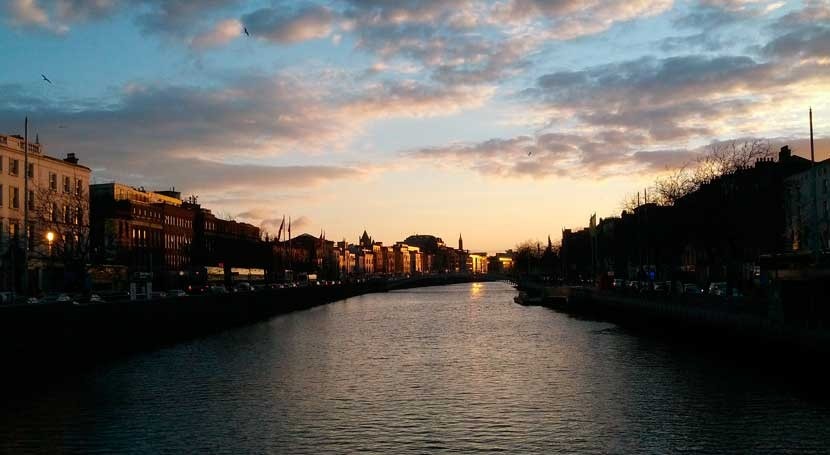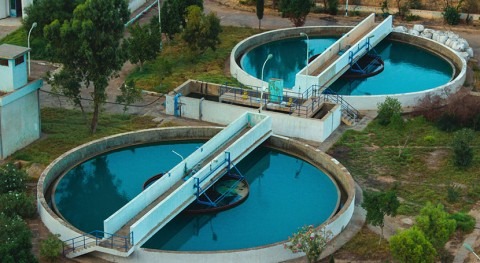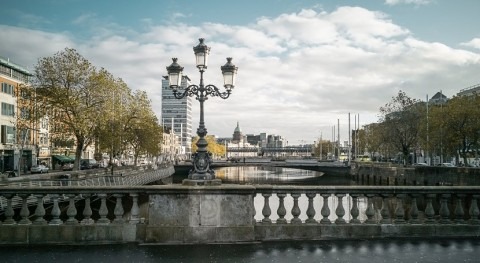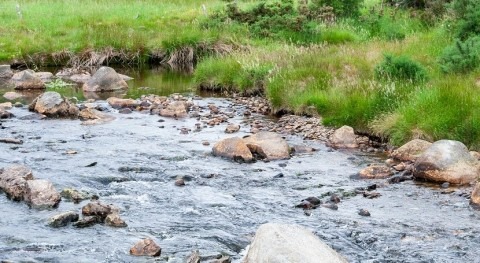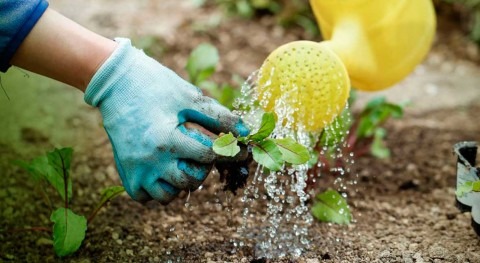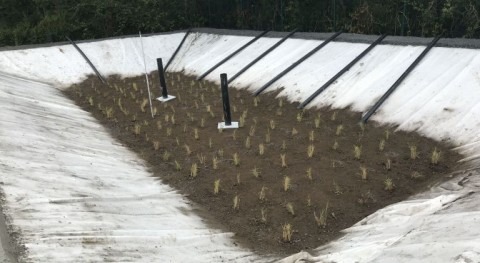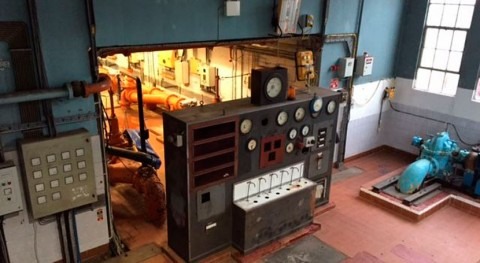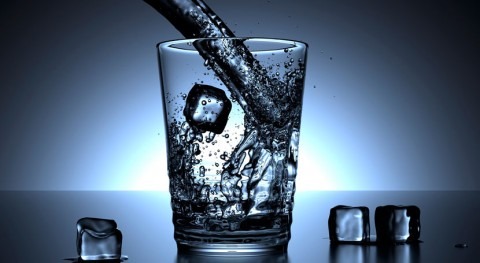Irish Water, working in partnership with Dublin City Council, is upgrading the largest wastewater pumping station in the country, located at Ringsend, Dublin. Ringsend Wastewater Treatment Plant treats approximately 40% of the country’s wastewater load and all of the city centre sewage passes through this pumping station every single day. The pumping station is known as the Main Lift Pumping Station.
There are currently six enormous pumps operating at the pumping station each capable of pumping 220 million litres of sewage per day. They pump wastewater to a high level collection chamber at the pumping station which then transfers the wastewater by gravity to Ringsend wastewater plant for treatment. Irish Water is installing six new pumps, two new transformers and is refurbishing the pumping station roof. The purpose of the investment is to produce a more modern wastewater pumping station and to substantially reduce the energy usage by almost 3 million kWh that will result in a cost saving of €335,000 per year. Carbon emissions from the pumping station will be reduced by 2,270 tonnes per year.
Works scheduled to be completed by the end of 2020
The pumps will be installed one by one as the pumping station will remain operational throughout the upgrade works ensuring that the wastewater from Dublin can continue to be collected via a complex network of sewers and transferred to Ringsend to be treated. EPS Group Limited is our delivery partner and the works are scheduled to be completed by the end of 2020.
Speaking about the upgrade, Stephen Seymour, Water Portfolio Delivery Manager, Irish Water said “Irish Water is one of Ireland’s largest energy users and we are continuously improving our energy efficiency and reducing our carbon footprint. The size and scale of this upgrade is significant with each pump weighing 20 tonnes. The upgrade which represents an investment of almost €8 million will be delivered while the pumping station remains operational. It is also really important that people recognise that we all have a role in safeguarding our wastewater network and the environment. I don’t think that people generally realise the problems caused by flushing items such as wipes, cotton buds, plasters and nappies in terms of clogging wastewater infrastructure and impacting on the marine environment so ‘Think Before You Flush’.”


